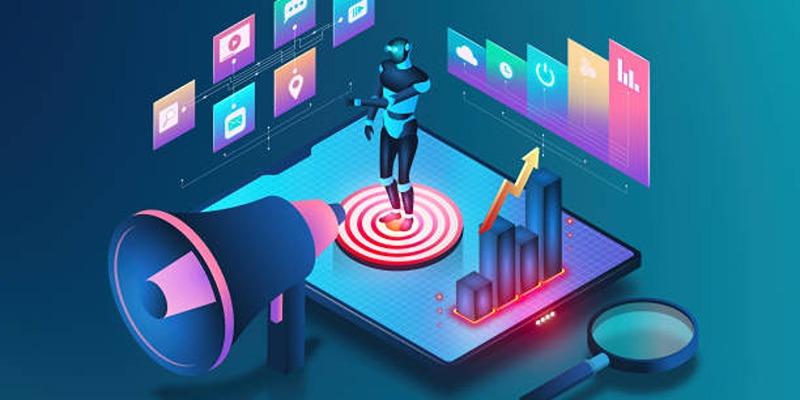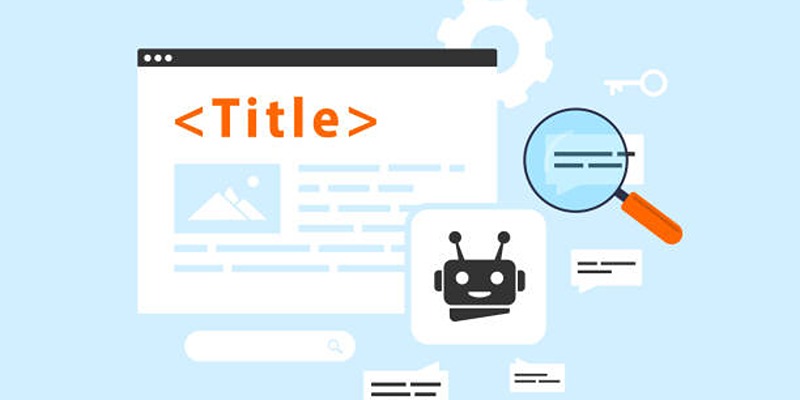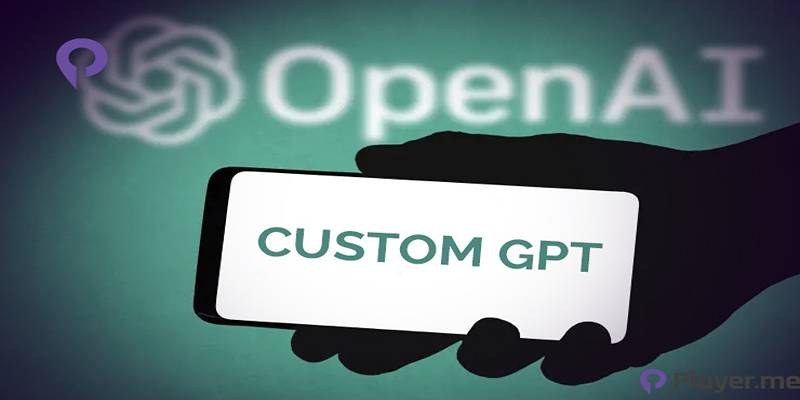Website traffic is crucial for online success, but growing it organically can be challenging. AI tools simplify the process, helping you attract visitors faster and more efficiently. By leveraging AI, you can boost traffic without relying on ads or paid promotions. Discover how AI can transform your strategy and drive more organic visitors to your site.
What Are AI Tools in Digital Marketing?
 Electronic software programs process tasks with machine learning and smart algorithm capabilities to achieve results that usually need human understanding. AI tools used in digital marketing create automated systems for executing various automated activities along with:
Electronic software programs process tasks with machine learning and smart algorithm capabilities to achieve results that usually need human understanding. AI tools used in digital marketing create automated systems for executing various automated activities along with:
- Content creation
- SEO optimization
- Keyword research
- Data analysis
- Personalisation
- Performance tracking
The tools absorb information to develop their efficiency progressively. Their intelligence increases directly proportional to their usage.
Why Focus on Organic Traffic?
Real visitors discover your website after performing searches through major search engines including Google, Bing or Yahoo. Your website traffic does not require any financial investment for website visitors to click on your pages. Such value persists for a long duration.
Benefits of organic traffic
- Cost-effective
- Builds trust and authority
- Improves SEO rankings
- Attracts targeted visitors
AI tools provide assistance to enhance every facet covered by these points.
How AI Tools Boost Organic Traffic
AI tools elevate organic search traffic because they enhance content optimization as well as deliver an excellent user experience and make websites match up with search engine rules.
1. Smart Keyword Research
Organic SEO depends initially upon selecting appropriate keywords. AI tools SEMrush Ahrefs and Ubersuggest examine search data as well as analyze competitor content while identifying which keywords your site lacks. The tools show you which terms your target audience actively searches online to aid your selection of optimal search terms.
The platform enables users to discover specific keyword search phrases that contain three or more words. This type of search query consists of multiple words in a phrase which helps receive better search rankings and targets visitor groups.
2. Content Creation and Optimization
AI writing tools like Grammarly, Jasper, or Surfer SEO help you write better content. They suggest improvements for grammar, tone, readability, and SEO structure.
Surfer SEO, for example, compares your content with top-ranking pages and recommends what to include or remove. This helps your page match user intent, making it more likely to rank higher.
3. Topic Suggestions and Content Ideas
Tools like ChatGPT and Copy.ai can generate fresh content ideas based on trending topics or user interest. This keeps your blog or website updated and relevant. Regular posting improves domain authority and increases your chances of ranking for more keywords.
4. SEO Audits and Technical Fixes
AI SEO tools like Screaming Frog or Sitebulb can scan your entire website and point out issues like broken links, slow pages, missing tags, and duplicate content. Fixing these problems improves your site’s health and makes it easier for search engines to crawl and index your content.
5. Content Personalisation
AI can also personalise user experiences. For example, if someone visits your site from a mobile device, AI can show them mobile-friendly content. If they’ve read a blog before, the tool can suggest related content.
Personalised content keeps users engaged for longer. The more time they spend on your site, the better your rankings will be.
6. Image and Video Optimisation
Search engines love visual content, but only if it’s optimised. AI tools like Canva and Lumen5 help you create visuals with proper tags, sizes, and descriptions. These tools ensure that your images and videos are accessible, fast-loading, and SEO-friendly.
7. Predictive Analytics
AI can predict which content will perform well based on trends and data. Tools like Google Analytics and HubSpot use AI-powered insights to help you make smarter content decisions. You can focus on creating content that is more likely to succeed.
Best Practices to Maximise Results from AI Tools
To fully leverage the potential of AI tools, it’s essential to follow best practices that align with your objectives and enhance productivity. With the right approach, AI can become a game-changer for streamlining workflows, improving accuracy, and achieving your goals faster.
Use Multiple Tools Together
No single tool does everything, so combining different AI tools is crucial to creating a well-rounded strategy. Use keyword research, SEO audits, and writing tools to build a strong content plan. For example, Ubersuggest can help you identify high-performing keywords, while Surfer SEO ensures your writing is optimised for search engines. Similarly, tools like Grammarly or Jasper can refine your content for clarity and tone.
Stay Consistent
AI tools can significantly speed up tasks, but consistency remains the foundation of success. Publish content regularly to establish credibility, update old pages to maintain relevance, and keep your site active to improve its SEO performance. Build a content calendar to stay organised and ensure a steady flow of updates.
Monitor and Adjust
Tracking performance is just as important as creating content. Use AI-powered analytics tools like Google Analytics or Semrush to monitor traffic, bounce rates, and user engagement on your site. These tools help you identify what’s working and what needs improvement by offering clear patterns and actionable insights. Adjust your strategies based on this data—for example, focus more on topics that generate higher engagement or improve pages with high bounce rates.
What Type of Content Works Best?
AI tools are most effective when you use them to create content that matches user intent. Some of the best-performing content types include:
- How-to guides
- Tutorials
- Product comparisons
- Lists and checklists
- Case studies
- FAQs and answer posts
Make sure your content is valuable, easy to read, and properly formatted with headings and bullet points. This helps both users and search engines understand it better.
Common Mistakes to Avoid
Even with AI tools, mistakes can happen. Avoid these to get the best results:
- Relying too much on automation: Always review AI-generated content.
- Ignoring user intent: Make sure your content matches what people are searching for.
- Keyword stuffing: Use keywords naturally, not forcefully.
- Skipping updates: Update your content regularly for freshness.
- Forgetting mobile optimisation: Make sure your site looks great on mobile devices.
Future of AI in SEO and Organic Traffic
 AI will continue to evolve. New tools will make it even easier to create smart, data-driven content. Voice search, visual search, and predictive content creation are already on the rise.
AI will continue to evolve. New tools will make it even easier to create smart, data-driven content. Voice search, visual search, and predictive content creation are already on the rise.
As search engines get smarter, your strategy should too. Using AI tools is not just about automation—it’s about making better decisions, faster.
Conclusion
AI tools are changing the game for digital marketers, bloggers, and business owners. They help you create better content, fix SEO issues, track performance, and stay ahead of your competitors. Most importantly, they save time and bring real, long-lasting results.
By using the right AI tools the smart way, you can boost your website traffic organically and grow your online presence without spending on ads. The future of SEO is AI-powered—so don’t get left behind.











